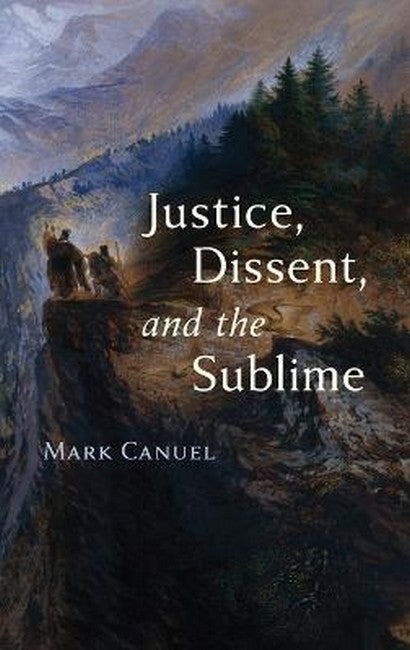In the past ten years, theorists from Elaine Scarry to Roger Scruton have devoted renewed attention to the aesthetic of beauty. Part of their discussions claim that beautybecause it arises from a sense of proportion, symmetry, or reciprocityprovides a model for justice. Justice, Dissent, and the Sublime makes a significant departure from this mode of thinking. Mark Canuel argues that the emphasis on beauty unwittingly reinforces, in the name of justice, the constraints of uniformity and conventionality. He calls for a more flexible and inclusive connection between aesthetics and justice, one founded on the Kantian concept of the sublime. The sublime captures the roles that asymmetry, complaint, and disagreement play in a complete understanding of a just societya point, the author maintains, that was appreciated by a number of Romantic writers, including Mary Shelley.Canuel draws interesting connections between the debate about beauty and justice and issues in cosmopolitanism, queer theory, and animal studies.

